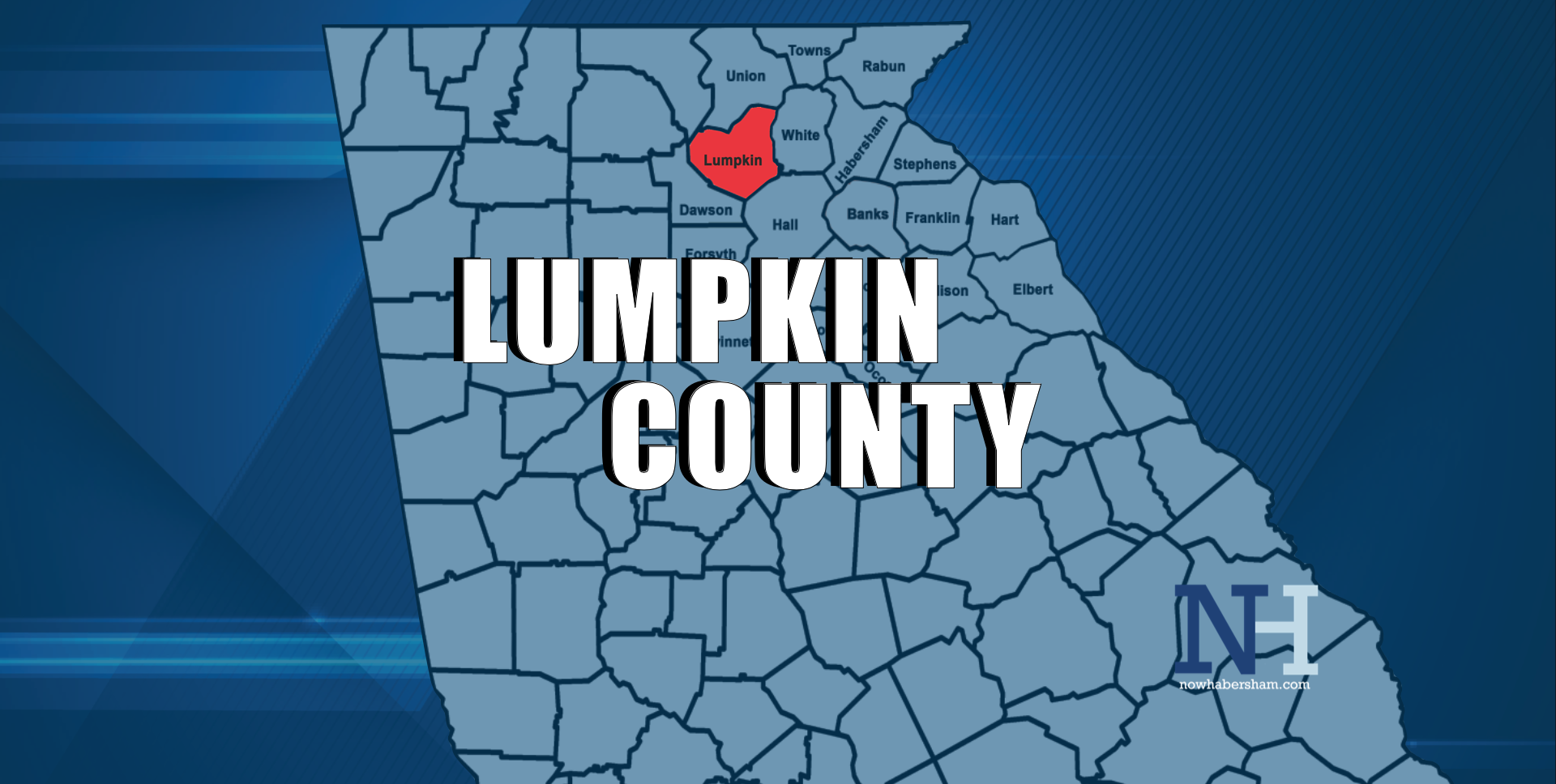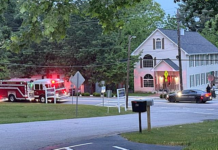
(GA Recorder) — Despite some large Georgia school systems implementing an online start to the semester this week, the state’s public educational system is poised for a successful and mostly in-person semester, state Superintendent Richard Woods said Friday.
“It goes without saying that the last two years have been shaped by the pandemic, our recovery is ongoing,” Woods said, “With that said, I think it’s important to recognize that this is not March 2020, which I’m very thankful of that, but we do have a lot more tools in our toolkit than when we did when we first started off almost two years ago now.”
Woods said widely available vaccines along with improved planning and infrastructure will help make in-person classes possible.
“Hopefully, this will be a very short interruption for those districts, but again, across the state, most districts are back face to face and we’re glad for that, and that’s what we’re trying to make sure,” he said.
Woods spoke at the Georgia Partnership for Education’s annual Top Ten Issues to Watch conference, held virtually this year because of the pandemic’s resurgence.
The partnership, a nonpartisan group founded by the Georgia Chamber of Commerce, usually holds the event each year in Atlanta in conjunction with the publication of a report outlining the major issues facing public education as the school year resumes from winter break and lawmakers prepare to gather for a new session.
Much of Woods’ wishlist for the coming session comes down to more money for teachers.
“Definitely the completion of the teacher raise, we’re looking at $2,000, that will fulfill that,” he said. “That, I think, would be very, very well received across the state. Also making sure that the budget is fully funded, we don’t have to deal with austerity, I think that would be greatly appreciated across the board.”
Gov. Brian Kemp made a $5,000 teacher pay raise a key pledge in his 2018 campaign, and the legislature approved a $3,000 raise the following year. The difference was planned to be a part of the 2020 budget, but the COVID-19 pandemic scuttled those plans. This year, with the state treasury flush with cash and Kemp facing re-election, completing the pay raises and fully funding the state’s contribution to local school budgets seem like relatively safe bets to take priority.
Social issues
Woods also pledged to make school lessons more accessible to parents by requiring district officials to make annual reports on what third-party curriculum programs and assessments they are using and uploading those reports to a publicly available dashboard.
The role of parental involvement in school lessons has erupted as a controversy in recent months as masses of parents come to local school board meetings to protest the inclusion of critical race theory, a once-niche academic term that has become a catch-all for lessons that suggest racism exists or has historically existed in American institutions.
The GPEE’s Top Ten Issues to Watch in 2022
Equity
Unfinished instruction
Non-academic barriers
Improving school culture
Funding
Accountability
Early learning
Revamping the teaching profession
Workforce readiness
Rural transformation
Woods did not speak directly about critical race theory, but he said educators need to be transparent about what they are teaching and that parents should have a say in the classroom.
“We cannot be seen or act as educational elitists and assume that we know best without listening to our parents in our community, we have to have that buy-in and that trust on a day in day out basis,” he said. “And so I think making sure that we are transparent about what is taking place within our school is very prudent for each of our districts.”
Woods’ opponent in the June Republican primary, former Superintendent John Barge, has pledged to remove critical race theory from classrooms and teach students patriotism instead.
The winner of the GOP primary will face one of the two Democratic candidates, Cobb County school board member Jaha Howard or Gwinnett County Board of Education Chair Everton Blair.
Woods also reiterated his support for an idea Speaker Pro Tem Jan Jones raised late last year, creating legislation to prevent access to obscene materials in public schools, though the scope of any planned legislation is not yet clear.
“We’ve had some discussions about what obscenity is looking like and revisiting a law that is a little bit dated,” Woods said. “Definitely, when you look at the area of electronics and things that are out there, how we can better protect our kids and just make sure that we’re focused on what needs to be taught.”
Assessments and accountability
Students did not take the Georgia Milestones standardized test in 2020, and participation rates plummeted last year after after the state board of education dropped the weight of end of course testing to .01% of a student’s final grade, a move Woods championed to lower the pressure of the high-stakes tests for students who missed out on classroom hours because of the pandemic.
This year, standardized testing will be back to normal, Woods said, but he promised to minimize the tests’ role in determining whether a student moves on to the next grade.
“The U.S. Department of Education will require state assessments this spring, so we look at testing, as going on as normal this year,” he said. “We will continue to direct local school districts with flexibility contracts to use course grades and other measures, not just the Milestones scores, when it comes to promotion and retention decisions. Our teachers, they’re frontline, they know the kids, they’ve been working with them.”
A lack of reliable test scores has severely hampered the state’s ability to grade and compare schools using its College and Career Ready Performance Index formula, said GPEE President Dana Rickman.
“We haven’t had any sort of accountability due to COVID over the past two years because, I think, for understandable reasons, we’ve suspended that,” she said. “But there are clear indications and outright statements from the Georgia Department of Education that they’re done with the CCRPI, they don’t like it. They don’t think that it does what it’s supposed to do. But our concern at the partnership is that there has not been a robust statewide discussion of what it should be replaced with.”
Woods said the state’s accountability system should be broadened to include more information to help schools grow, but specifics would have to wait, he said.
“It’s something that we’re exploring with the school improvement to help us get a better idea of what goes on,” he said. “So we’re looking at addressing accountability, and I think that as the pandemic wanes, we’ll be able to see a little bit more of what that looks like, and hopefully not have the disruption we’ve had over the past couple of years.”







